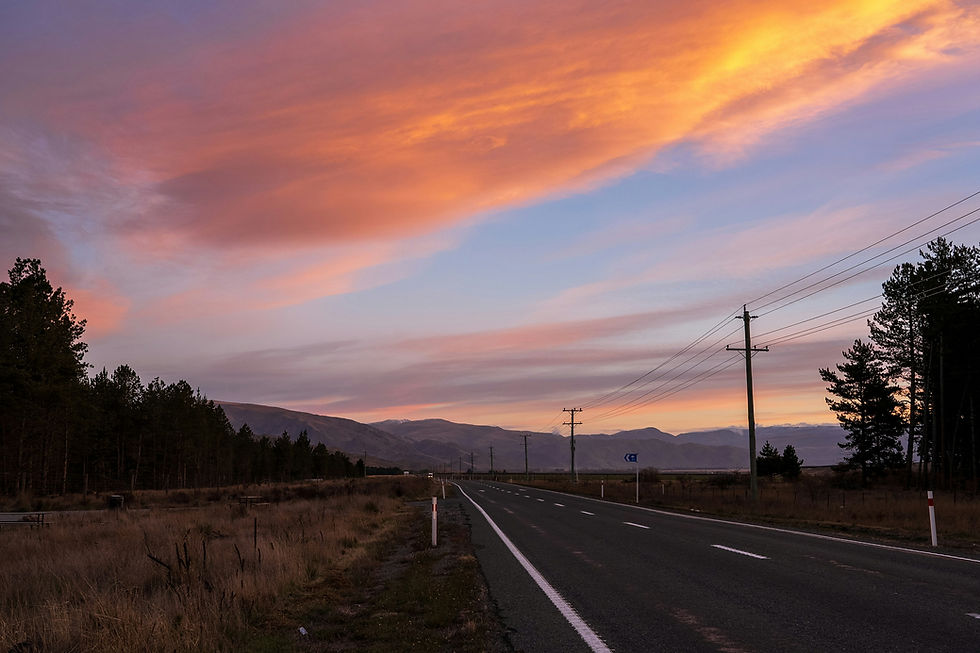Resilience In Places Of Struggle
- Our Words Matter
- Jul 2, 2025
- 2 min read
By Stacey Shortall
When people hear the words “impoverished community,” they often picture struggle - families stretched to breaking point, parents juggling multiple jobs, children missing out on opportunities others take for granted. Those struggles are real, and I have seen them first-hand in communities around New Zealand. But what has surprised and inspired me most is not just the hardship. It is the resilience.
Through volunteering - whether in schools, prisons, or community initiatives - I have witnessed the extraordinary ways people adapt, endure, and keep striving in the face of challenges many of us can barely imagine.
Resilience shows up in countless small but powerful ways. It’s the child who still comes to Homework Club, even after moving houses three times in one year. It’s the mother who, despite working nights and struggling to pay rent, makes sure her kids get to school each morning. It’s the teenager who looks after younger siblings, then still finds time to study.
These acts don’t make headlines. But they are evidence of courage - quiet, everyday courage - that holds families and communities together.
The scale of struggle is sobering:
One in five New Zealand children - over 200,000 - live in poverty.
More than 1 in 10 children experience material hardship, meaning they go without essentials like proper food, shoes, or heating.
Thousands of children change schools each year due to housing instability, disrupting friendships and learning.
Over half a million New Zealanders access food banks each month.
Māori and Pasifika children are disproportionately affected, with higher rates of poverty, lower access to stable housing, and persistent educational inequities.
Against this backdrop, the resilience I see every week is nothing short of extraordinary.
Volunteering in these communities has reshaped how I think about resilience. Too often, we define it as “bouncing back.” But what I see is more complex. Resilience is persisting without guarantees. It is about showing up when the odds are stacked against you.
And resilience is not built in isolation. It comes from community. Whānau, neighbours, schools, and volunteers together create the networks that allow people to withstand adversity.
But I have also learned that we must be careful not to romanticise resilience.
Resilience should never be required just to survive. A child should not have to be resilient to cope with hunger or violence. A woman should not have to be resilient to just to keep her children and herself safe.
When we praise children and families as resilient for enduring circumstances that should not exist in New Zealand in 2025, we risk normalising hardship. We risk making resilience a necessity rather than a choice. We risk expecting people to carry on without us tackling the hardships that they are struggling to overcome.
So, while I applaud the resilience that I see, I wish it gone. Erased. Replaced with thriving children, flourishing families and strong communities.







Comments